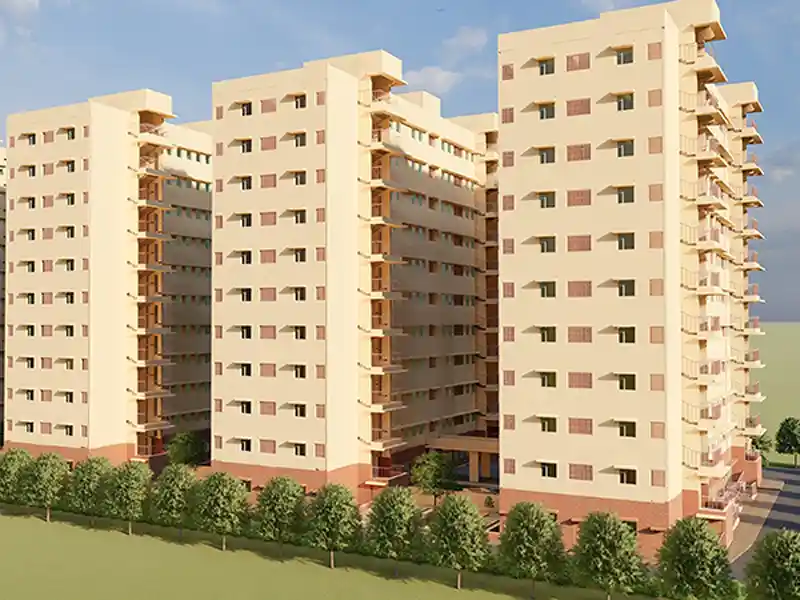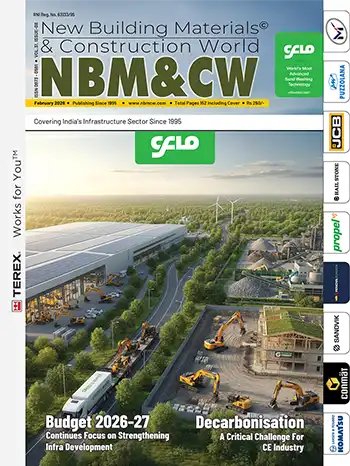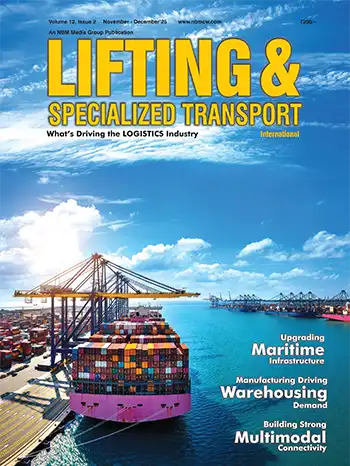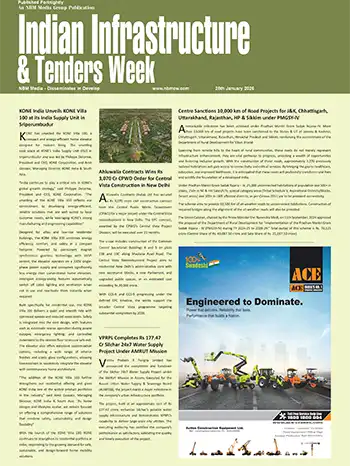Establishing standardized definitions and guidelines for zero-waste construction can help drive wide-spread adoption by the real estate industry.
Shraddha Kedia-Agarwal - Director, Transcon Developers

We use biodegradable materials like bioplastics and natural fibers, and recycled materials, such as reclaimed wood, low-carbon concrete, and recycled plastics. We employ just-in-time delivery by coordinating material delivery with construction schedules to reduce storage and waste.
However, there is no universally accepted definition of zero-waste construction, making it challenging to develop and implement effective policies. The existing regulations often focus on waste management rather than waste prevention and may not provide sufficient incentives for zero-waste construction practices. The economic benefits of zero-waste construction are also not always clear, plus, there is limited data available on construction waste generation, making it challenging to develop effective policies and monitor progress.

Implementing policies that hold manufacturers responsible for the waste generated by their products can encourage the development of more sustainable materials.
State governments can offer tax incentives, grants, or low-interest loans to encourage the adoption of zero-waste construction practices. Governments and industry organizations can invest in education and training programs that focus on zero-waste construction practices, materials, and technologies. Digital tools and platforms can help facilitate the adoption of zero-waste construction practices by providing access to information, resources, and expertise.
















